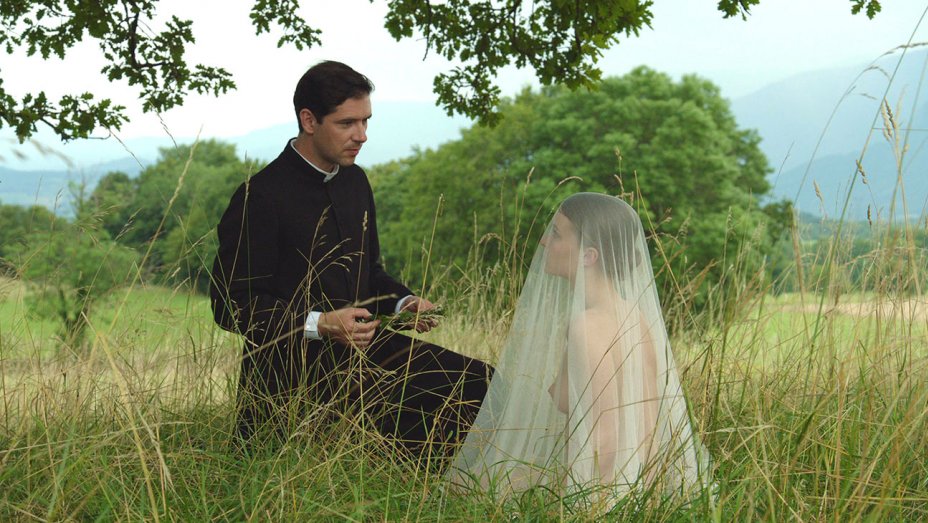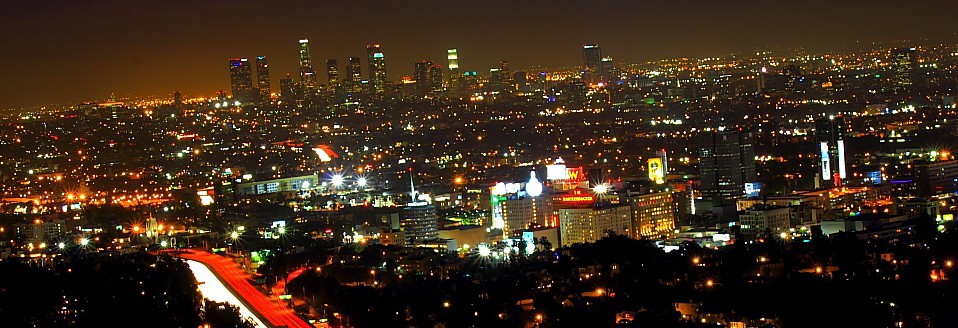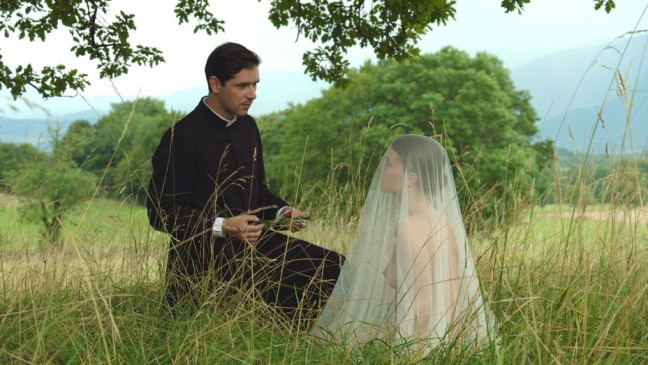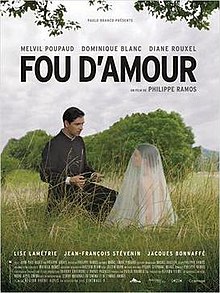The darkest of dark comedies or a strangely seductive decent into insanity? In Mad Love (Fou d’Amour) a comic morality tale and a terrifying depiction of a monstrously deluded man merge. Highly charged and tinged with eroticism, the story of a small town priest’s romantic foibles makes for compulsive viewing.
Set in an isolated French village with a fecund green landscape, the film begins with the beheading of its protagonist, a priest (Melvil Poupaud). With his head lying untended in a corner away from the bloody guillotine, the priest begins to narrate his story, and what brought him to his death.
As self-justifying in death as he has been in life, he tells of his arrival in the small town of Albon, apparently transferred after rumors of an untoward sexual dalliance in a less isolated town. As played by Poupaud, above, the priest is a magnet for the unsatisfied women of the town, including a wealthy widow, Armance; a lusty milkmaid, Odette; and several other pliant women. With Armance’s help he starts a soccer club and a theater group, supplementing his priestly and carnal duties to stave off boredom.
As a religious mentor, the priest is sorely lacking in virtue, but he infuses the town with a lively spirit, providing activities both innocent and lustful that engage many of the town-folk.
His secret trysts and non-secular activities are briefly questioned by a priest from a neighboring town and his superior, but any concerns are sloughed off, and the priest’s rather idyllic existence is allowed to continue.
But then comes the arrival of Rose (Diane Rouxel), a stunningly lovely and innocent young blind woman who joins his theater group. The two initially seem somewhat evenly matched in both their passion and secretiveness; Rose arranges their initial clandestine meetings under the nose of her grandmother. Rose is as much seductress as she is seduced, appearing before the priest naked, clad only in a sheer veil. But, of course, none are so blind as those who will not see, to paraphrase the Old Testament.
 As inevitable as the slice of the guillotine, things do not stay idyllic for long. Rose becomes pregnant and the priest becomes unhinged, first abusing Rose, then begging her forgiveness. It is Rose, however who gives the priest his penance, denying him access to her, and leaving the village for a time.
As inevitable as the slice of the guillotine, things do not stay idyllic for long. Rose becomes pregnant and the priest becomes unhinged, first abusing Rose, then begging her forgiveness. It is Rose, however who gives the priest his penance, denying him access to her, and leaving the village for a time.
Despite spending a week in the woods waiting for God’s answer to desperate prayers and renouncing some of his more earthly pleasures, when Rose returns to town, ready to give birth, the reason for the priest’s date with the guillotine becomes horrifyingly clear.
While the film’s tone never wavers from the darkly comic tone set by its self-aggrandizing narrator, it does darken in its penultimate moments, when the priest eliminates the threat to his ministry.
Somewhat surprisingly based on a true story, the film has the look and feel of a fable, from its bucolic village setting to the justice of the priest’s beheading. Although set in the 1950s, this tale could be told anywhere in time, one of both madness and vanity. Visually, director Phillipe Ramos, who also serves as his own cinematographer, has created images that are steeped in a kind of fairy-tale quality, rich and damp, with stone buildings and dusty stables something that transcend time.
As lyrical and licentious as its narrator, Mad Love is about a delusion that reaches even beyond the grave, its wry sense of humor leading viewers to a complicit involvement in the priest’s twisted confessionary story.





